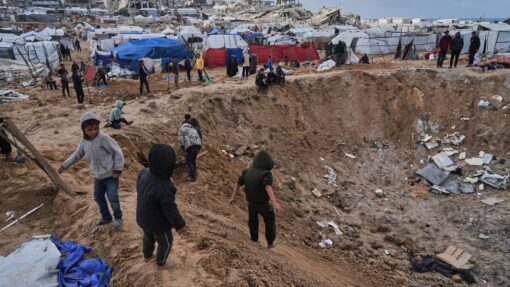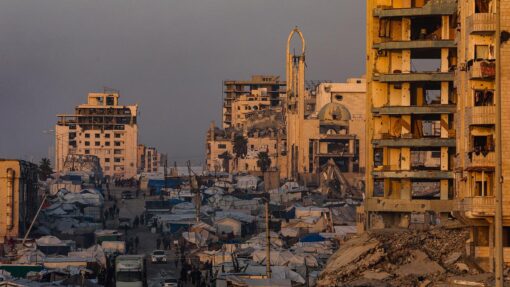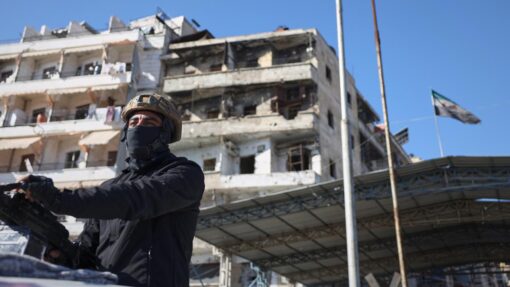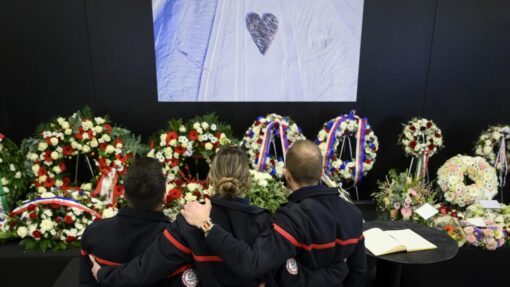Hamas hands over all remaining hostages to Israel
Wafaa Shurafa, Samy Magdy and Melandie Lidman |
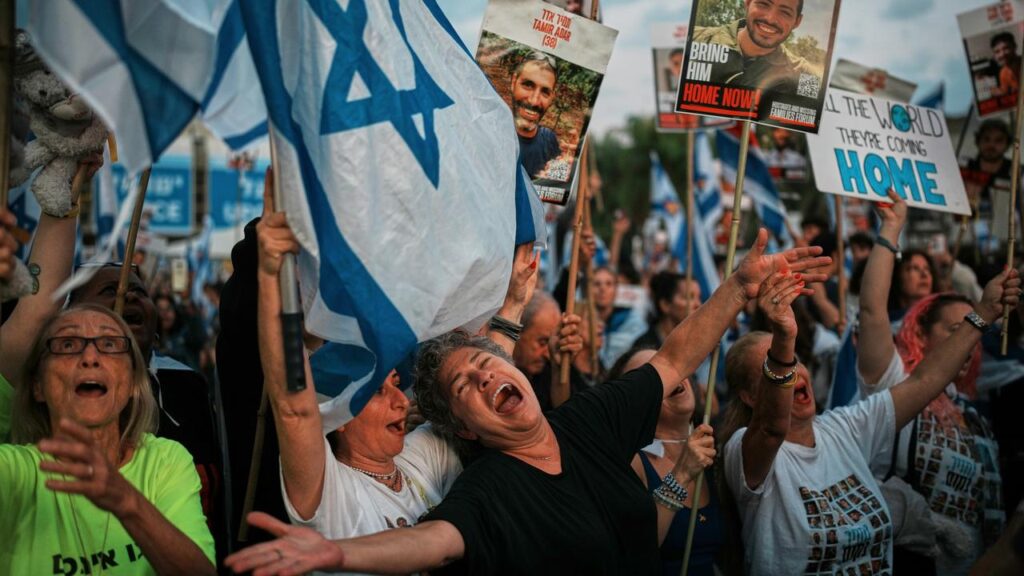
Hamas has released all 20 remaining living hostages held in Gaza as part of a ceasefire pausing two years of war that pummelled the territory, killed tens of thousands of Palestinians, and left scores of captives in militant hands.
The hostages, all men, have returned to Israel, where they will be reunited with their families and undergo medical checks.
The bodies of the remaining 28 dead hostages are also expected to be handed over as part of the deal, although the exact timing of the release remain unclear.
Meanwhile, a convoy of Israeli vehicles, Red Cross jeeps and buses left Ofer Prison for the occupied West Bank on Monday afternoon, carrying some of the 250 long-term prisoners set to be released in the exchange.

The buses were heading to the centre of Beitunia, the nearest Palestinian town, where friends and families awaited their arrival.
In Tel Aviv, families and friends of the hostages who gathered in a square broke into wild cheers as Israeli television channels announced the first group of hostages was in the hands of the Red Cross.
Tens of thousands of Israelis watched the transfers at public screenings across the country.
Israel released the first photos of hostages arriving home, including one showing 28-year-old twins Gali and Ziv Berman embracing as they were reunited.
Hostages previously released had said the twins from Kfar Aza were held separately.

The photos of the first seven hostages released on Monday showed them looking pale but less gaunt than some of the hostages freed in January.
Earlier, while Palestinians awaited the release of hundreds of prisoners held by Israel, an armoured vehicle flying an Israeli flag fired tear gas and rubber bullets at a crowd.
The tear gas followed the circulation of a flyer warning that anyone supporting what it called “terrorist organisations” risked arrest.
The prisoners being released include 250 people serving life sentences for convictions in attacks on Israelis, as well as 1700 seized from Gaza during the war and held without charge.
While major questions remain about the future of Hamas and Gaza, the exchange of hostages and prisoners has raised hopes it marks the end of the deadliest war ever between Israel and the militant group.

The ceasefire is also expected to be accompanied by a surge of humanitarian aid into Gaza, parts of which are experiencing famine.
US president Donald Trump is in Israel to celebrate the US-brokered ceasefire and hostage deal between Israel and Hamas before continuing on to Egypt for a key summit he hopes will solidify an end to the war and pave the way for a more durable peace in the Middle East.
Israeli Prime Minister Benjamin Netanyahu’s office says he will not travel to Egypt with Trump for the summit due to a Jewish holiday.
The plans were finalised during a phone call with Egyptian President Abdel Fattah el-Sissi while Trump was at the Israeli parliament – the president’s first stop on a whirlwind trip to the region.
Trump, who was greeted by Israeli President Isaac Herzog and Netanyahu on the tarmac in Tel Aviv, might also stop at the Sheba Medical Centre to meet some of the newly released Israeli hostages.

“This is a great day, this is a whole new beginning,” Trump told reporters after arriving at parliament.
“And I think there’s never been an event like it, I’ve never seen anything like it.”
The US leader is planning to declare “the historic dawn of a new Middle East” in a speech to officials and that “generations from now, this will be remembered as the moment that everything began to change”, according to excerpts released by the White House.
Trump will also insist that “Israel has won all that can be won by force of arms” and “it is time to translate these victories against terrorists on the battlefield into the ultimate prize of peace and prosperity”.
In a gesture to Iran, which fought a brief war with Israel earlier in 2025, Trump plans to say “the hand of friendship and co-operation is always open”.
with Reuters
AP